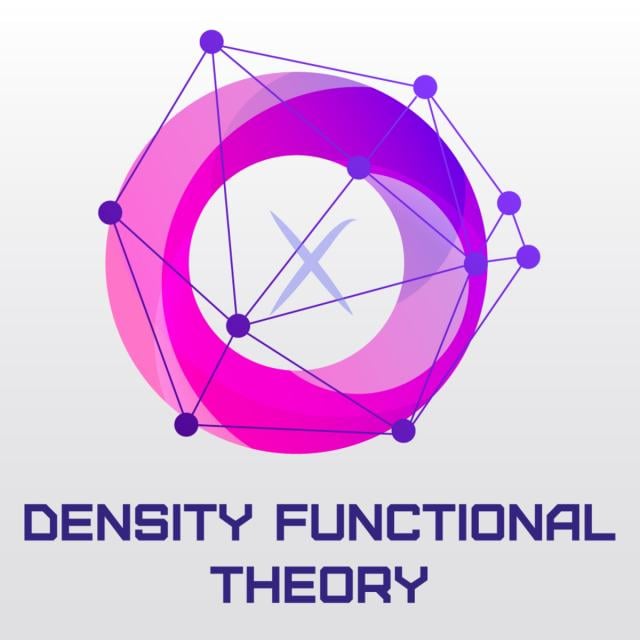MOOC List is learner-supported. When you buy through links on our site, we may earn an affiliate commission.

MOOC List is learner-supported. When you buy through links on our site, we may earn an affiliate commission.
The course is intended for students and researchers with knowledge of basic quantum mechanics. No experience in simulation or solid-state physics is required. We try to give a concise mathematical background when particular concepts are needed.
Syllabus
WEEK 1
From the Many-Body problem to Density Functional Theory
This week will introduce the Density Functional Theory concepts. The week starts from an introduction to the many-body problem, and how things could be reformulated using the electron density. We will focus on observables, in particular those most directly related to the density. Finally we will discuss the Hohenberg-Kohn theorems. A little historical detour is taken at the end, where we will follow the footprints of the first steps to introduce a functional of the density in quantum problems.
WEEK 2
From density to the Kohn-Sham world
This second week introduces the Kohn-Sham world, a weird and very efficient world in which independent particles are governed by equations that give the exact density. At least, in principle, for the potential felt by the independent particle is unknown, as well as pathological. Again, a brief historical point of view ends the module.
WEEK 3
Approximations and strategies
This third week tackles some more practical aspects of DFT. In particular the strategies for approximating the unknown exchange-correlation potential. Two other important points are the concept of band-gap and the practical scheme to solve the KS equations, via a self-consistent approach.
MOOC List is learner-supported. When you buy through links on our site, we may earn an affiliate commission.
MOOC List is learner-supported. When you buy through links on our site, we may earn an affiliate commission.
